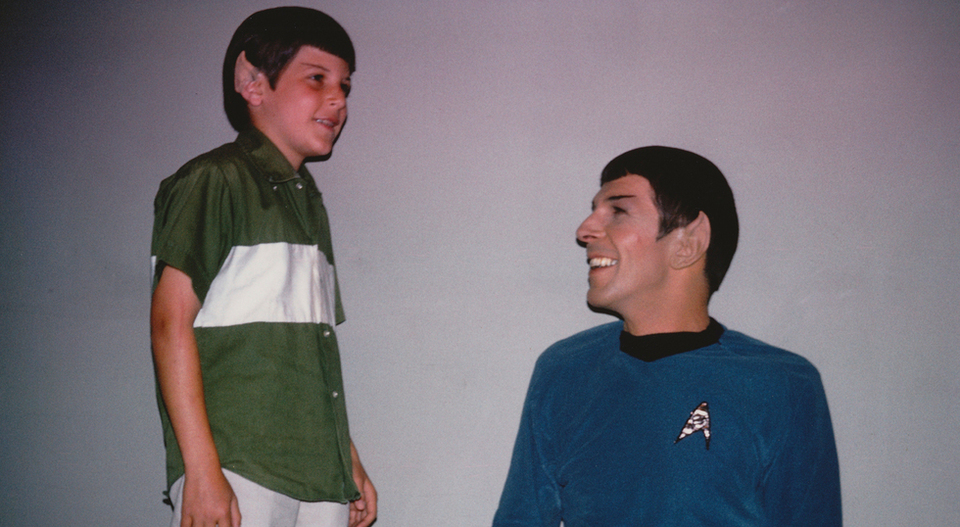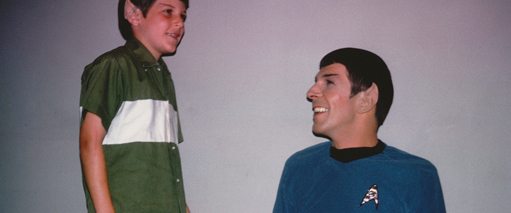Film Review: For The Love Of Spock
Touching Documentary Delves Into Father/Son Relationship Behind Famous Sci-Fi Series


like son.
Latest Article|September 3, 2020|Free
::Making Grown Men Cry Since 1992


like son.